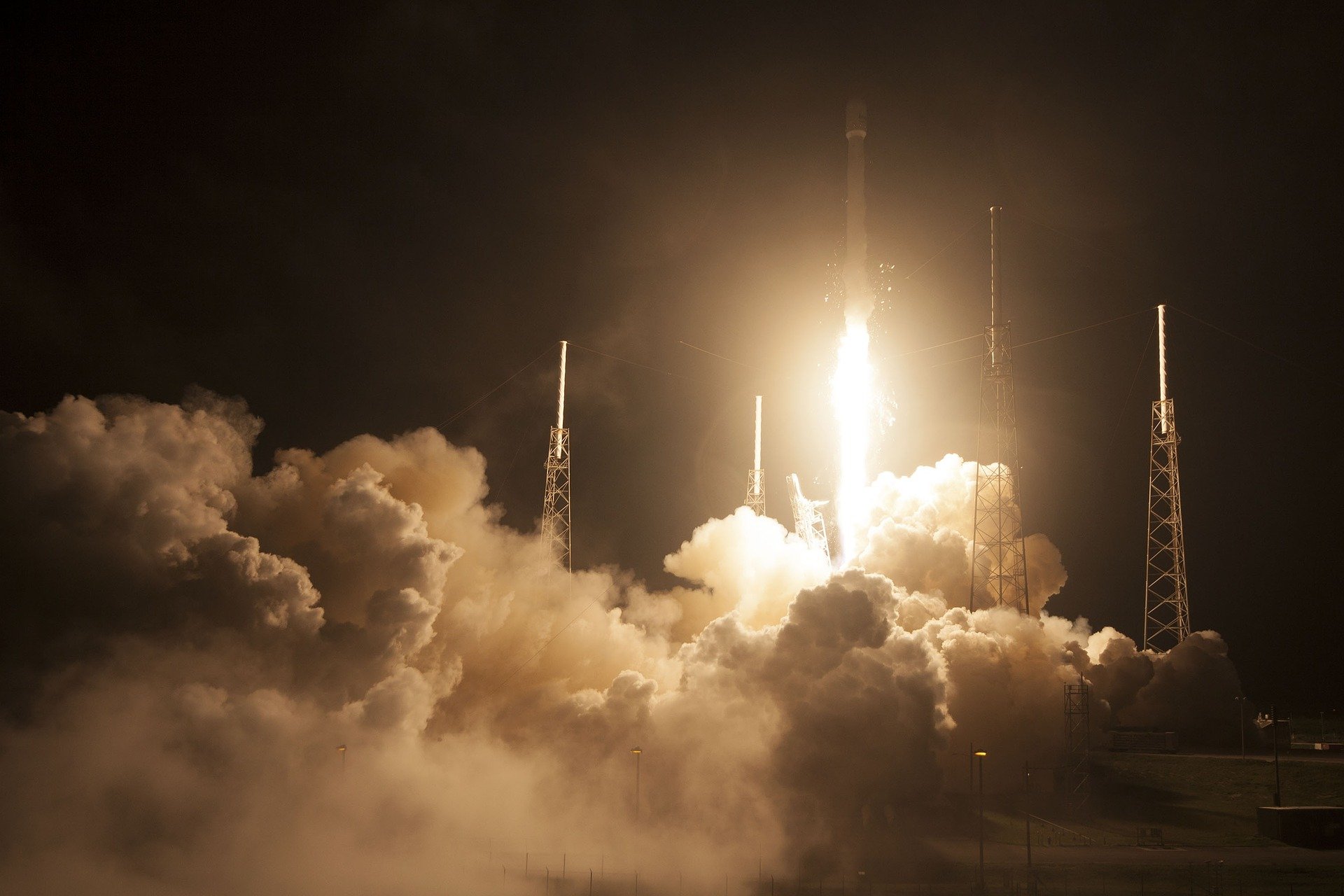Professor Hitoshi Nasu and Professor Michael Schmitt (University of Reading) contributed an article titled “A Threat or A Warning: Russia’s Weapons Testing in Space” in Just Security.
The article is set against the backdrop of the Space Security Exchange meeting between the US and Russia. The two nations exchanged the views on space threats, policies and strategies with an aim to promote ‘safe, professional, and sustainable activities in space’. The meeting was preceded by Russia’s test of a space-based anti-satellite weapon, which, the US warns, is a continuing effort on the part of Russia to develop and test space-based systems which put the US and allied assets at risk. The Russian Defense Ministry claimed that the test involved merely a ‘small space vehicle’ that inspected its own satellites.
The authors explore Outer Space Treaty provisions in the light of the Russia incident. Professor Nasu and Professor Schmitt point to differernt shortcomings of the legislation regarding governance of weapons in the outer space.
The Preamble and Article III requires the nations to comply with international law and recognise that it is in the interest of mankind to use outer space for peaceful purposes. The authors note that there is little explanation of ‘peaceful purposes’ and that the State practice has shown that military domain is not barred from space. Article IV prohibits testing weapons merely on celestial bodies and not per se. Customary law, international humanitarian law and Article 2(4) of the UN Charter prohibit threat or use of force. The article claims that, depending on the usage, weapons testing could amount to a threat of force if there is express or implied intention to undertake an unlawful use of force and a State has the capability to execute it. Nasu and Schmitt note that the above mentioned Russian operation could have been characterised as an implicit communication of an intention to carry out such an attack but lacked the element of communication of a threat without justification.
The authors also compare Article IX of the OST with Article 45 of the Constitution of the International Telecommunication Union. While the OST requires merely to undertake appropriate international consultation if a State believes its actions may cause harmful inference for another State, the Constitution prohibits harmful interference per se. Article IX also imposes an obligation to conduct space activities with ‘due regard’ to the exploration of other States. The authors point that the ‘due regard’ requriement is not clarified.
As a concluding thought, the article warns that with the space competition growing, the risk of confrontation between the States also increases. The authors note that mere testing weapons could be interpreted as a threat and more consideration should be given to Article IX consultation requirement to help avoid tensions between the nations.
Photo:

